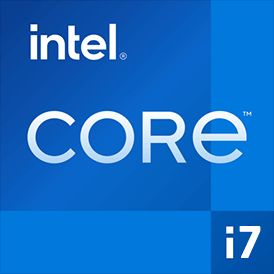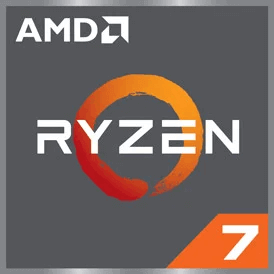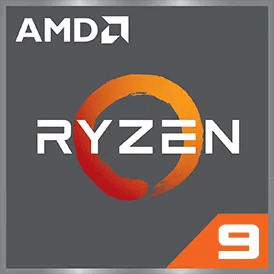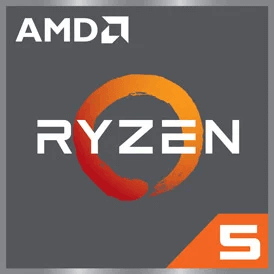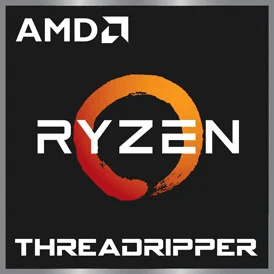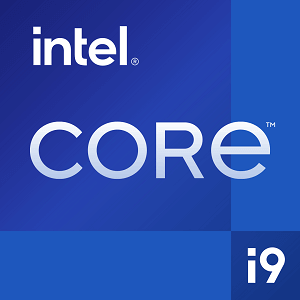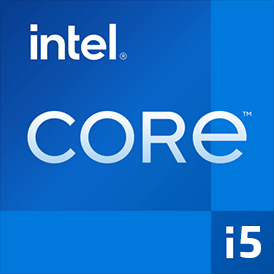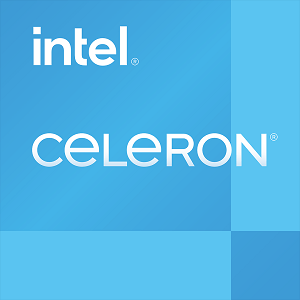Intel Core i7 10700F vs AMD Ryzen 7 Pro 4750G
We compared two desktop CPUs: Intel Core i7 10700F with 8 cores 2.9GHz and AMD Ryzen 7 Pro 4750G with 8 cores 3.6GHz . You will find out which processor performs better in benchmark tests, key specifications, power consumption and more.
Main Differences
Intel Core i7 10700F 's Advantages
Larger memory bandwidth (45.8GB/s vs 43.71GB/s)
Larger L3 cache size (16MB vs 8MB)
AMD Ryzen 7 Pro 4750G 's Advantages
Integrated graphics card
Higher specification of memory (3200 vs 2933)
Higher base frequency (3.6GHz vs 2.9GHz)
More modern manufacturing process (7nm vs 14nm)
Score
Benchmark
Cinebench R23 Single Core
Intel Core i7 10700F
1249
AMD Ryzen 7 Pro 4750G
+4%
1311
Cinebench R23 Multi Core
Intel Core i7 10700F
12149
AMD Ryzen 7 Pro 4750G
+4%
12693
Geekbench 6 Single Core
Intel Core i7 10700F
+5%
1608
AMD Ryzen 7 Pro 4750G
1531
Geekbench 6 Multi Core
Intel Core i7 10700F
+17%
8118
AMD Ryzen 7 Pro 4750G
6887
Blender
Intel Core i7 10700F
169
AMD Ryzen 7 Pro 4750G
+10%
186
Geekbench 5 Single Core
Intel Core i7 10700F
+2%
1213
AMD Ryzen 7 Pro 4750G
1183
Geekbench 5 Multi Core
Intel Core i7 10700F
+4%
8003
AMD Ryzen 7 Pro 4750G
7650
Passmark CPU Single Core
Intel Core i7 10700F
+6%
2890
AMD Ryzen 7 Pro 4750G
2704
Passmark CPU Multi Core
Intel Core i7 10700F
16898
AMD Ryzen 7 Pro 4750G
+21%
20519
General Parameters
May 2020
Release Date
Jul 2020
Intel
Manufacturer
AMD
Desktop
Type
Desktop
x86-64
Instruction Set
x86-64
Comet Lake
Core Architecture
Zen 2
i7-10700F
Processor Number
-
LGA-1200
Socket
AM4
N/A
Integrated Graphics
Radeon Vega 8
Package
-
Transistor Count
4.9 billions
14 nm
Manufacturing Process
7 nm
65 W
Power Consumption
45-65 W
100 °C
Peak Operating Temperature
95 °C
CPU Performance
8
Performance Cores
8
16
Performance Core Threads
16
2.9 GHz
Performance Core Base Frequency
3.6 GHz
4.8 GHz
Performance Core Turbo Frequency
4.4 GHz
8
Total Core Count
8
16
Total Thread Count
16
100 MHz
Bus Frequency
100 MHz
29x
Multiplier
36x
64 K per core
L1 Cache
96 K per core
256 K per core
L2 Cache
512 K per core
16 MB shared
L3 Cache
8 MB shared
No
Unlocked Multiplier
No
Memory Parameters
DDR4-2933
Memory Types
DDR4-3200
128 GB
Max Memory Size
64 GB
2
Max Memory Channels
2
45.8 GB/s
Max Memory Bandwidth
43.71 GB/s
No
ECC Memory Support
Yes
Graphics Card Parameters
-
Integrated Graphics
true
-
GPU Base Frequency
300 MHz
-
GPU Max Dynamic Frequency
2100 MHz
-
Shader Units
512
-
Texture Units
32
-
Raster Operation Units
8
-
Execution Units
8
-
Power Consumption
65 W
-
Max Resolution
3840x2160 - 60 Hz
-
Graphics Performance
1.13 TFLOPS
